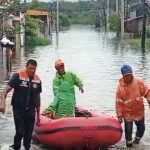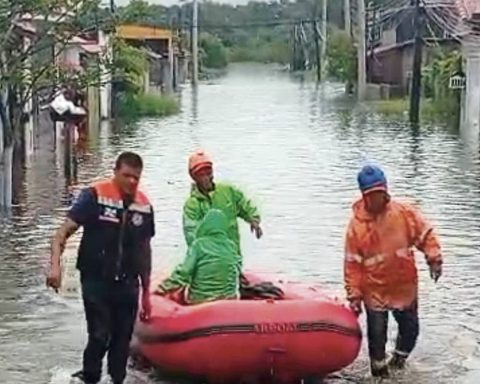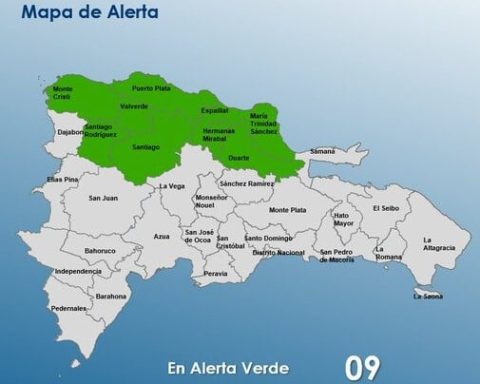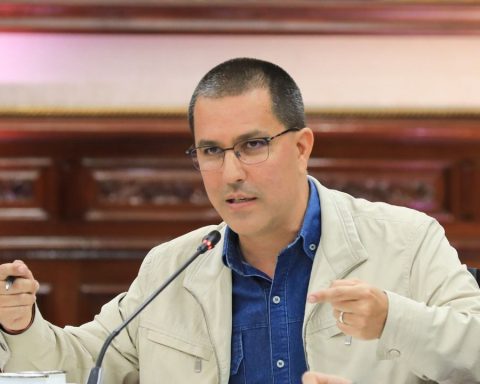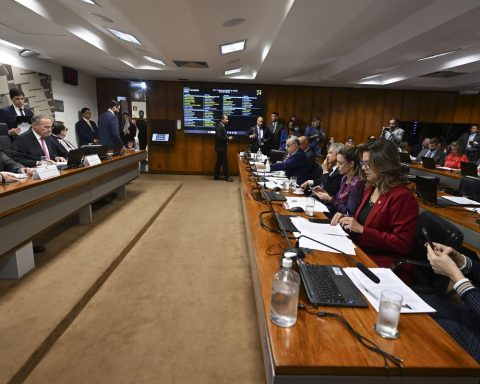Emilia Restrepo, rector of the College of Higher Studies in Administration, Cesa, points out that in a world in which longevity is increasing, people need to be constantly training to adapt to increasingly changing times. The entity is celebrating 50 years of existence these days.
(See here: Shakeup to the Guaranteed Minimum Income in Bogotá: what will change?)
What stage is CESA’s transformation process in and how is it reaching its 50th anniversary?
My arrival was with the explicit request to accompany the institutional transformation.
While all sectors have been affected by the transformation, education has not been spared. And education is the sector that is most behind and needs to catch up and ensure that it is the answer to present and future needs.
What are those needs?
Learning differently. It is clear that people want to study differently. Life has changed. Before, people lived 60 years, and today it is said that the person who will live to be 150 years old was already born. I don’t know how old people will live, but I can tell you that before, an undergraduate degree was enough to earn a living. Today, with the speed of change, a four-year education and a master’s degree are not enough for a lifetime; it is very difficult.
(Read here: Attorney General’s Office to open investigation into irregularities in contract between Canacol and EPM)
What is your focus?
Our main focus is on how to train leaders, and from there the entire transformation process has originated: high-quality education, excellence and using technology, artificial intelligence, mass customization, relevant and practical education in collaboration with the business sector. Ensuring an integrated ethical education. Training not only individuals but good human beings.
What are the milestones of that plan?
First, diversity, equity and inclusion. Bringing elite students to campus, good human beings, regardless of where they come from. Therefore, we rely on our philanthropy model. In addition, we work to strengthen relationships with the community, with companies, with foreign alliances and internationalization (we have more than 26 alliances), which are truly with high-level research. And now that we offer lifelong learning, we develop a subscription model in the medium and long term.
This allows us to foresee that education will become a subscription model, in which people consume content according to their personal interests throughout their lives, without age limits. This is part of the bias in education. It has been shown that ages are part of diversity. In fact, a recent graduate arrives at a company and his work environment has all ages, younger, older and more experienced, without it generating any noise, and we have to bring that to education.
What is your strategic plan?
This is the Strategic Transformation Plan for 2027. To achieve this, we are implementing 5 pillars:
– Fulfill the purpose of training and impacting business leaders.
-Strengthen all formal education in conjunction with lifelong learning, linking it with non-formal programs.
– Third, ensure the strengthening of high impact. We are the university that trains entrepreneurs; it is our mantra to ensure that they are of high impact. Then, maintain the essence, the closeness with the business sector to impact a country with excellent training.
In addition, ensuring the sustainability of our institution and using technology to impact society and meet our objectives.
Emilia Restrepo, rector of the College of Advanced Studies in Administration, CESA
What training needs do leaders have in a changing and uncertain environment?
Uncertainty must be embraced, because we will live with it for the rest of our lives. We must not be afraid of change, it brings progress and makes us move forward. We have been training leaders for 50 years, and we must train them differently, with different attributes.
Today’s leader must be absolutely curious, open-minded to technology, understand that it is at his service, and not be afraid to ask questions.
They have to be connectors, be a generous, humble, bold and a little rebellious multiplier.
And we train our students in these attributes. They are part of an entrepreneurial mindset, they are the ones who are able to see beyond being able to see what others cannot.
How much do you feel about the brain drain to other countries?
We can see that the world is going through a difficult time. The global population is declining. In terms of enrollment, universities have been reduced, there are fewer people.
Therefore, our first response was to develop a transformation strategy, and we worked on it hand in hand with the consulting firm McKinsey and our management team.
And then we reap the rewards. This year we had a record number of registered students. Cesa visited more than 20 schools that were not our focus before, we went to other cities that we had not visited before.
To get students to come, we used the strategy of philanthropy and brought almost 15% of the new students with financial support, in order to have elite students, CESA students. We are very strict with the selection of our students, but we have the lowest dropout rate in the market.
Before we received and graduated students, now we don’t graduate them, but rather we accompany them throughout their lives.
How do you analyze the issue of corporate governance in entities such as Ecopetrol and ISA?
We have the Corporate Governance Center, the first of a university in the country, with more than 12 years of experience. It promotes a leadership program for women on boards of directors, and has trained more than 700 women.
We believe in proper corporate governance. It is a pity what happened, because it is the independence of that government that allows the transformation of companies. We view these particular cases with concern.
PORTFOLIO






